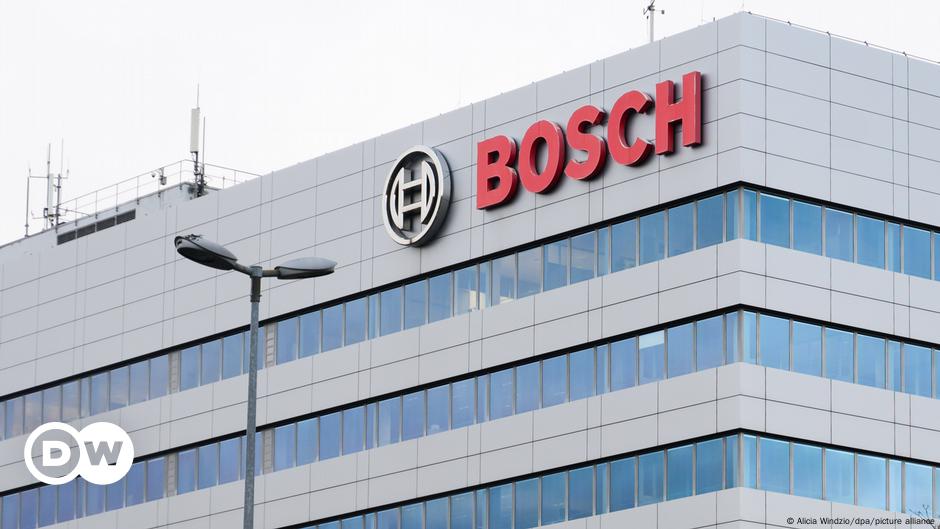Stocks were choppy Thursday as investors sifted through a fresh batch of economic data and looked ahead to tomorrow’s jobs report.
But while the main indexes struggled for direction, oil prices made a beeline higher after President Joe Biden spoke about possible U.S. support for an Israeli retaliatory attack on Iran.
Ahead of the open, the Labor Department said that initial jobless claims rose by 6,000 last week to 225,000, more than economists were anticipating.
Sign up for Kiplinger’s Free E-Newsletters
Profit and prosper with the best of expert advice on investing, taxes, retirement, personal finance and more – straight to your e-mail.
Profit and prosper with the best of expert advice – straight to your e-mail.
Meanwhile, the Institute for Supply Management said its Services Purchasing Managers Index surged to 54.9% in September from August’s reading of 51.5%. This is the highest level since February 2023 and well above the 51.7% economists were expecting.
“The index was lifted by a few components, but the rise in the business activity and new orders components by over six points highlights that overall activity and demand conditions remain solid,” says Tim Quinlan, senior economist at Wells Fargo.
Quinlan does note that a rise in prices paid and a pullback in the employment component are both “unfavorable developments,” though “not to a concerning degree.”
Next up is the September jobs report, due out ahead of tomorrow’s open. “The economy is expected to have created a low six-figure number of jobs for September, which is still very healthy, and indicative of a steady and sturdy labor market,” says Mary Ann Bartels, chief investment strategist at Sanctuary Wealth.
Oil prices made a notable move higher Thursday after Biden was asked if the U.S. would support Israel striking Iranian oil infrastructure. “We’re discussing that,” the president told reporters Thursday, but added that “there’s nothing going to happen today.”
Crude oil futures jumped 4.3% to finish at $73.11 per barrel – their highest settlement since late August.
Several oil stocks also shot higher Thursday, including Valero Energy (VLO, +6.1%) and Marathon Petroleum (MPC, +5.7%).
Humana stock slapped with a Sell rating
In single-stock news, Humana (HUM) shares tumbled 1.9% – bringing their week-to-date loss to 24% – after BofA Securities analyst Joanna Gajuk downgraded the healthcare stock to Underperform from Neutral (the equivalents of Sell and Hold, respectively).
The rerating follows news that Humana saw a sharp decline in its Medicare Advantage Star Ratings for 2025, which will likely weigh on revenue for the health insurance provider.
“While the loss of Stars does not directly impact 2024-2025 results, it pushes the recovery of margins further out and could impact how seniors and brokers perceive the brand in the upcoming open enrollment,” Gajuk says. There’s also risk that Humana loses some market share “as it tries to defend its profitability,” she adds.
Levi sinks after earnings
Levi Strauss (LEVI) was another notable decliner, sliding 7.6% after the denim maker reported earnings. For its third quarter, LEVI said earnings rose 18% year over year, while revenue was flat at $1.52 billion. Analysts were expecting earnings of 31 cents per share on $1.55 billion in revenue.
The company also narrowed its full-year revenue forecast – now expecting annual sales growth of 1% vs its previous estimate of 1% to 3% growth – and said it is considering selling its underperforming Dockers brand.
Still, UBS Global Research analyst Jay Sole reiterated his Buy rating on the consumer discretionary stock.
“We believe the market doesn’t fully appreciate LEVI’s ability to evolve into a global, multi-channel, lifestyle business for both men and women from what traditionally was a North America, wholesale, men’s, denim brand,” Sole says. The company has made “significant investments” in its direct-to-consumer business that are just starting to pay off, he notes, adding that the stock’s technical weakness creates a buying opportunity.
As for the main indexes, the Dow Jones Industrial Average fell 0.4% to 42,011, the S&P 500 shed 0.2% to 5,699, and the Nasdaq Composite gave back 0.04% to 17,918.











